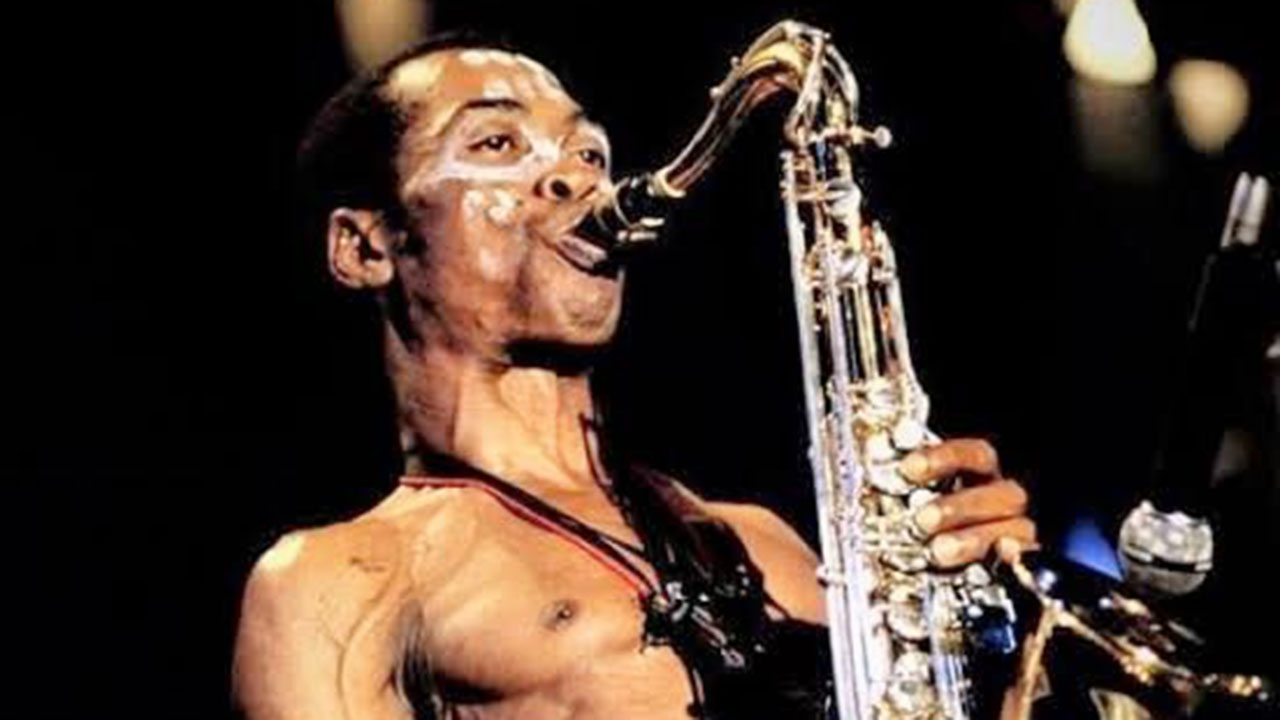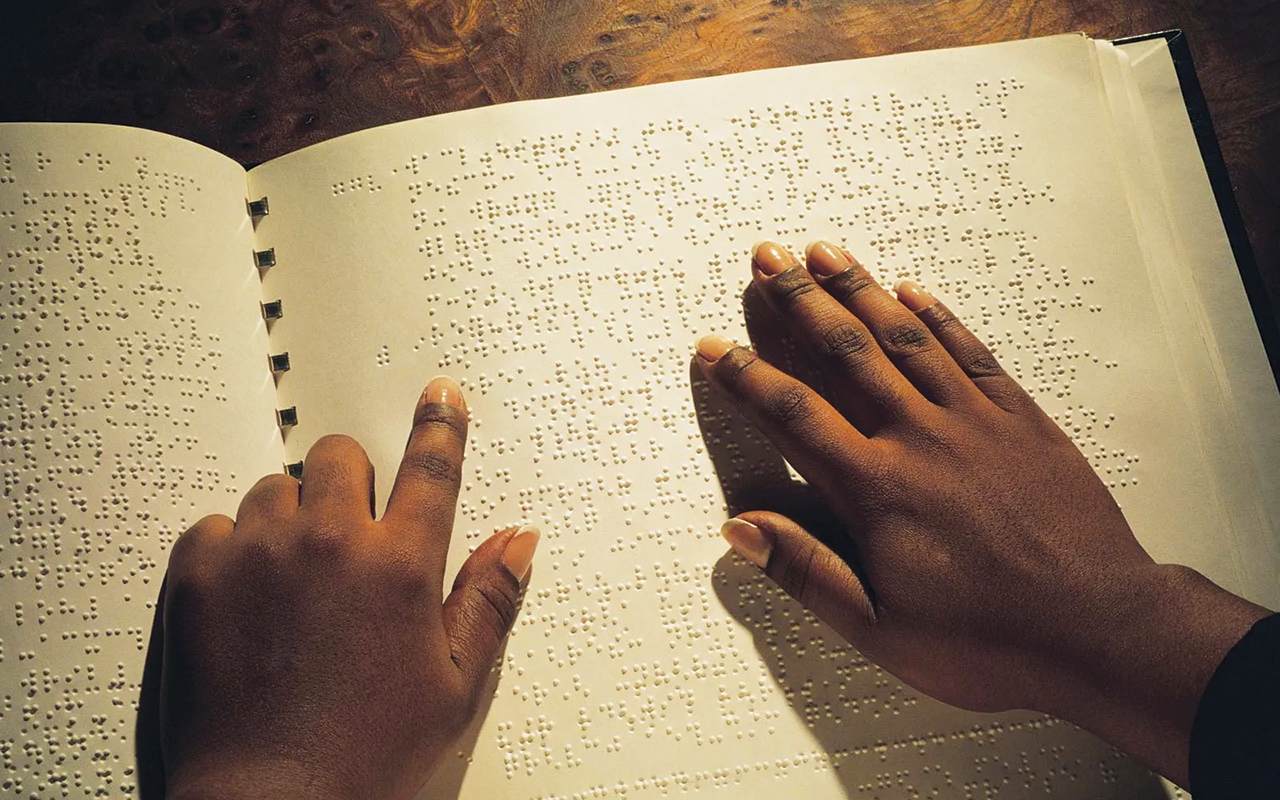
A fancy dress New Year festival that began almost a century ago in Ghana as a searing satire of colonial life is still thriving today, with hundreds of people dressing up and donning masks.
On the streets of Winneba, a fishing town a two-hour drive from the capital Accra, a four-metre tall Santa Claus waving Ghana’s flag marches past a wolf shimmying to the jazzy beats played by a brass band.
Children wearing matching pink and white cowboy outfits decorated in silver tinsel and Christmas ornaments dance along with their parents in the friendly — but fierce — annual costume competition held just after New Year’s Day.
The Winneba event is a “passion festival”, organiser James Kofi Annan told AFP.
“Whether you are in Winneba or elsewhere, you want to come.”
The Winneba Fancy Dress Festival has its roots in colonial Ghana, when Dutch and English settlers would wear masks at New Year parties.
Ghanaians in Winneba began forming masquerade groups in the 1920’s in part to poke fun at the life and dress of the Europeans, explained Annan.
What began as a subversive depiction of colonial life transformed into a beloved cultural event.
After Ghana achieved independence in 1957, President Kwame Nkrumah’s administration endorsed and promoted the annual Winneba festival.
This year’s event saw five groups of about 100 members vying for the top trophy.
The groups — the Nobles, Egyaa, Tumus, Red Cross and Group Five — have their own marching bands to provide the soundtrack to fast-paced, rhythmic dancing and marching formations.
To perfect their moves before the big day, they practised in secret locations around Winneba, including in the bush and abandoned buildings.
Almost everything the revellers wear is custom-made for the event, from the harlequin outfits sewn in leather and velvet to the multicoloured hand-stitched boots and tall crowns.
– Cowboy boots and tinsel –
The costumes are adorned with a glittering array of embroidery, tinsel and Christmas balls.
The performers all wear masks, some handmade, others more generic. Santa is a favourite, and there is at least one Obama among the dancers.
The groups, made up of women, men, boys and girls, work to wow the judges with three different dance routines throughout the day.
Isaac Ambrado, 43, an architect and proud member of the Red Cross group, has brought his five-year-old son Gabriel to perform for the first time.
The father and son are also joined by Isaac’s cousin, Mark Koomson, 42, and his son, Theophilus, also five.
The two young boys held hands as they marched in the procession. Dressed in pink and white, they were pint-sized reflections of their fathers.
Neon pink feathers lined their white, handmade boots, with pink rope decorating their white trousers. Their vests were festooned with tassels.
They wore pink and white masks with long noses under pink sun hats decorated with feathers and tinfoil.
– Family legacy –
Both fathers want their sons to carry on the tradition of the annual festival.
“I am growing older, he is supposed to come and take over from me. I have been doing it for 32 years. It is in my family,” Ambrado said.
Koomson said it was emotional to have his son march alongside him, explaining that his great-great grandfather was a founding member of the Red Cross.
In the end, the Red Cross lost out to the Tumus group, who impressed the judges with their costumes that sent a message of “harmony and unity”, Annan said.
While there was no specific theme linking the outfits, Annan noted that they took care to use harmonious colours.
The Tumus group showed discipline in their well-choreographed routines, but it was their passionate performance that endeared them to the judges.
As Annan put it, “they were on top of virtually everything”.
[ad unit=2]






